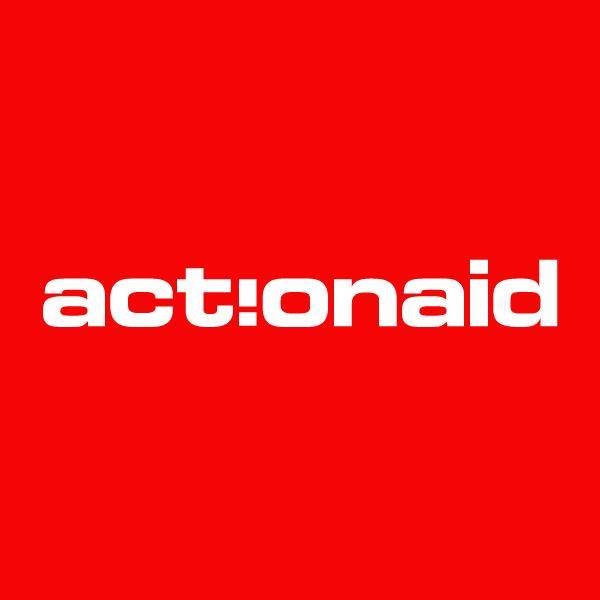Address rising poverty or compromise future generations, AAN tells FG
The Action Aid Nigeria (AAN) has urged the federal government to urgently address the rising poverty in the country, warning that failure to adequately address the problem could affect future generations. The AAN Country Director, Andrew Mamedu, said this on Thursday in Abuja at the formal launch of the 23-page AAN’s Country Strategy Paper (CSP) […]

The Action Aid Nigeria (AAN) has urged the federal government to urgently address the rising poverty in the country, warning that failure to adequately address the problem could affect future generations.
The AAN Country Director, Andrew Mamedu, said this on Thursday in Abuja at the formal launch of the 23-page AAN’s Country Strategy Paper (CSP) for themed ‘Citizens Action Against Poverty and Injustice (2024-2034)’.
“As you may know, nearly 12 percent of the global population was living in extreme poverty in 2023, and this figure has evidently worsened due to ongoing conflicts, wars, and disasters across the globe. In Nigeria, where the poverty threshold is 1.90 U.S. dollars a day (about 3000 using the official rate), 133 million of our 200 million people are multidimensionally poor.
“This means that they not only lack financial resources but also lack access to essential services such as education, healthcare, and clean water. If you are not one of the 133 million, it is likely that your family members, extended or nuclear, are, and if we do not address this now, future generations may face the same plight. Hope and believe is not a strategy, hope and belief must be accompanied by action. This is the essence of our CSP,” Mamedu said.
- Tariff: Only prudent costs will be passed to consumers – NERC
- What we lost during protest, traders, transporters
Also, the Minister of Budget and Economic Planning, Senator Atiku Bagudu, said that Nigeria’s federal budget of $20bn, is way behind the budgets of other populous countries like Indonesia and Brazil, declaring that the country is not as wealthy as people think.
“The federal budget of Indonesia is about US $210bn. The federal budget of Brazil is about $700 billion and it has been like that for a while. When I say for a while, for upwards of a decade. The budget of Nigeria, Federal budget, now is about $20bn, and maybe the highest it has been, has been about $35bn.
“Do we want to be like Brazil? Or do we want to be like Indonesia? Can we hope to achieve what they have achieved with that level of federal spending? Or do we confront this reality? Because when you confront your reality, it’s just like gathering the family around and reminding everyone that we are not as rich as we think we are. Maybe new energy will come in to the family, and the sense of entitlement will give way to what can I do, what effort can I contribute?”
Bagudu called for collective action of both citizens and the government to fight decades of under investment in the country.
Delivering the keynote, Dr Otive Igbuzor, Founding Executive Director, African Centre for Leadership, Strategy and Development (Centre LSD), Abuja, who was also a former Country Director of AAN, said that 20 years ago in 2004, the poverty rate in Nigeria was 54.7 percent representing about 74.8 million people. “Today, the poverty rate is projected to be 40.7 percent representing 93.3 million people. So, in spite of all our best efforts, poverty is increasing. Nigeria as a country has been battered and urgently needs rebirth and building,” Igbuzor said.
